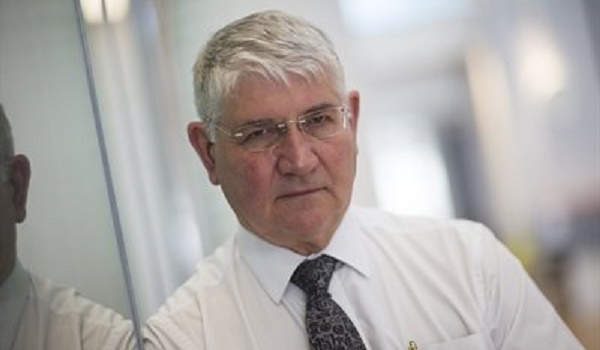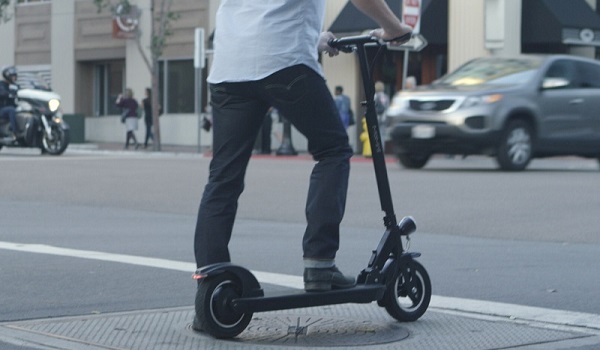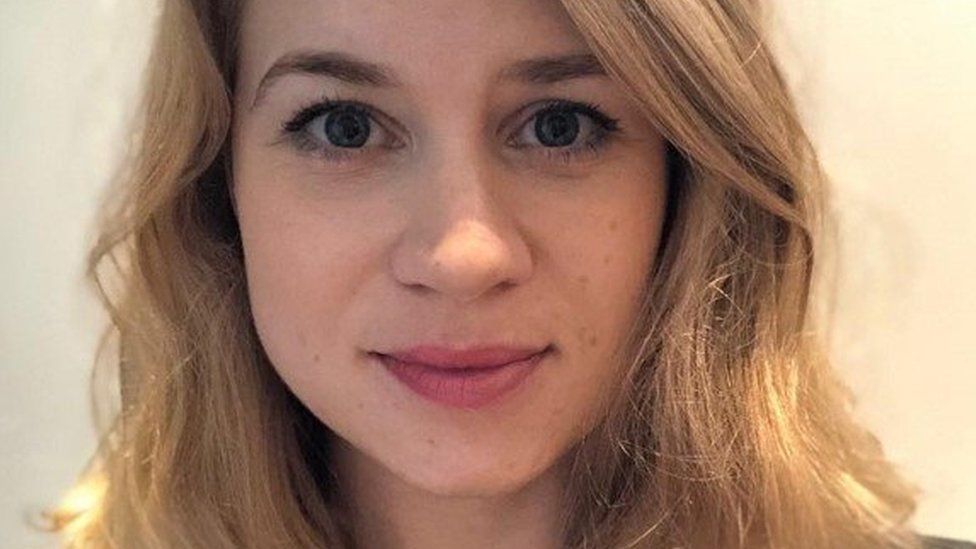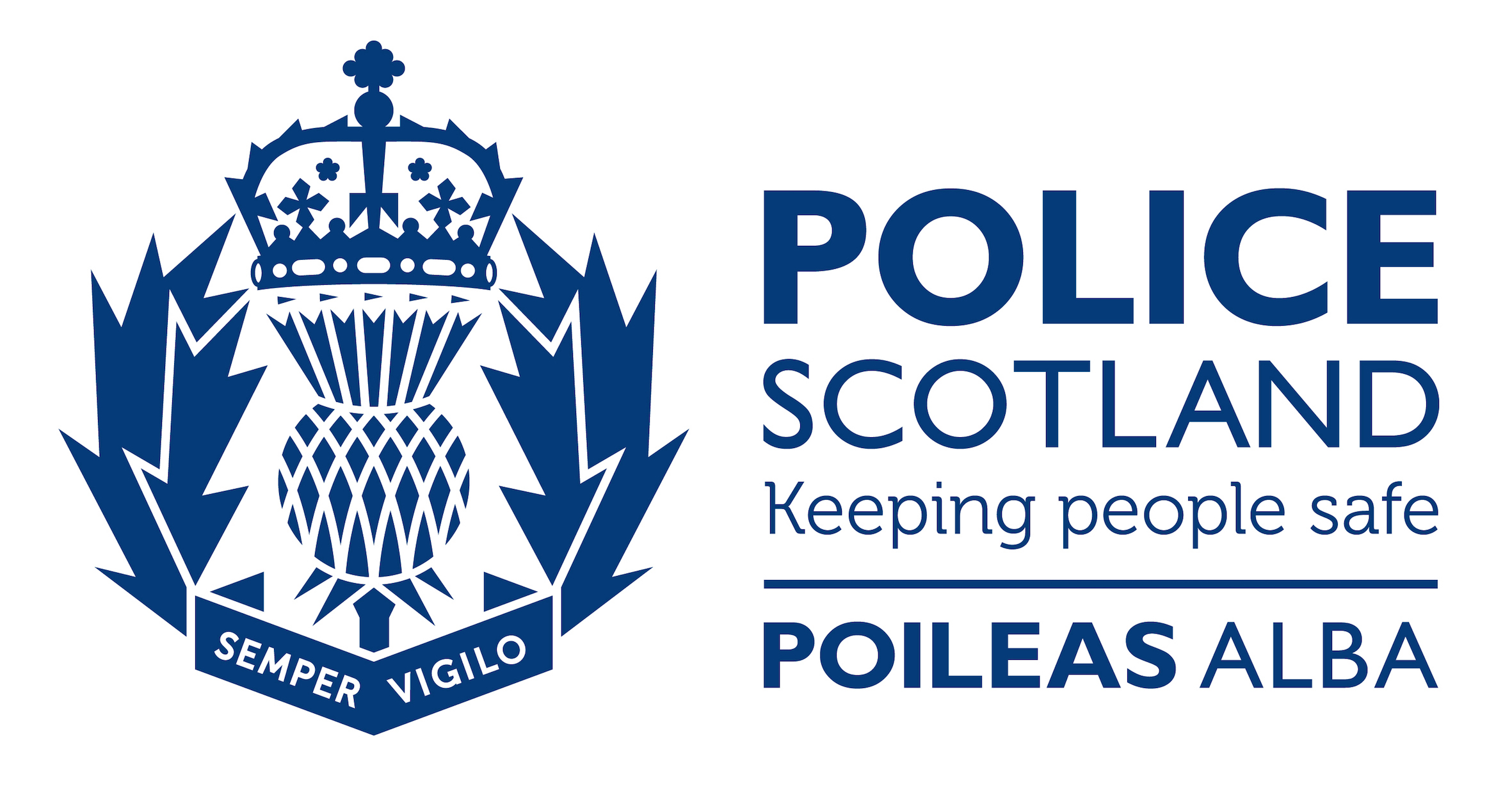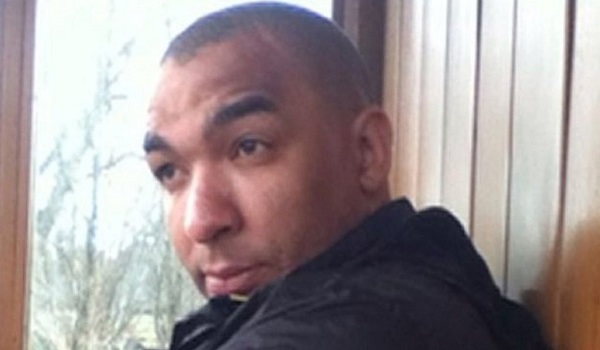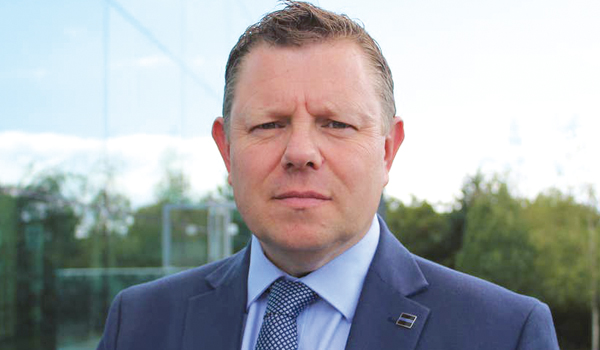International call by police officers to reform drug policies
Durham and Darlington’s police, crime and victims’ commissioner Ron Hogg is leading an international call by police officers for an end to the “harmful impact of drug prohibition”.
A Police Statement of Support for Drug Policy Reform, launched at the UN in Vienna last week, said policy should aim to reduce risk and provide more humane responses.
The statement, initiated by Neil Woods, a former police officer who is now chair of LEAP UK (Law Enforcement Action Partnership), highlights the harm caused by drugs and calls for an end to the war on drugs. In its place, the statement argues that policy should concentrate on reducing risks, providing more humane responses, and lead to better health outcomes for the whole community.
The statement said that many “would argue further that not only have we consistently failed to achieve any significant beneficial outcomes from these policies, but that this approach has in fact been counter-productive”.
It said that police have been at the frontline of the “war on drugs” and that many have been weary of the poor health outcomes for all involved.
Additionally, many police are concerned about being automatically placed against everyday citizens while the system creates opportunities for corruption, generates profit for criminal and leads to violence.
While undermining human rights, the current model has failed to diminish the supply ad availability of drugs.
The statement acknowledged that most individuals who use drugs do so with relatively little harm. For those who do experience harm from drugs, it suggested a punitive response is far worse for them than a health-based.
It estimated that the global enforcement of drug prohibition costs about US$ 100 billion every year, mostly on police, courts and prisons.
Mr Hogg said that governments across the world should consider harm reduction, decriminalisation and/or legal regulation models.
Harm reduction policies reduce the detrimental effects of drugs for those who do not wish to or are unable to quit. Examples include drug consumption rooms, such as those proposed for Glasgow.
Decriminalisation policies remove criminal penalties for minor drug offences such as possession. The substances remain illicit but using them no longer carries tough sanctions.
Legal regulation, on the other hand, sees substances’ distribution monitored by the Government so that criminal groups no longer control the market.
Mr Hogg said: “It is the police who see the real outcomes of drug policy. In my 30 years as a police officer I spoke to too many grieving families who lost their children to drug addiction; I have attended the scenes of too many drug overdoses. This international statement is the first time police voices have come together to answer back. We are here as members of the policing community to say to governments that current policies don’t work.”


